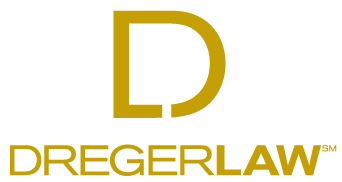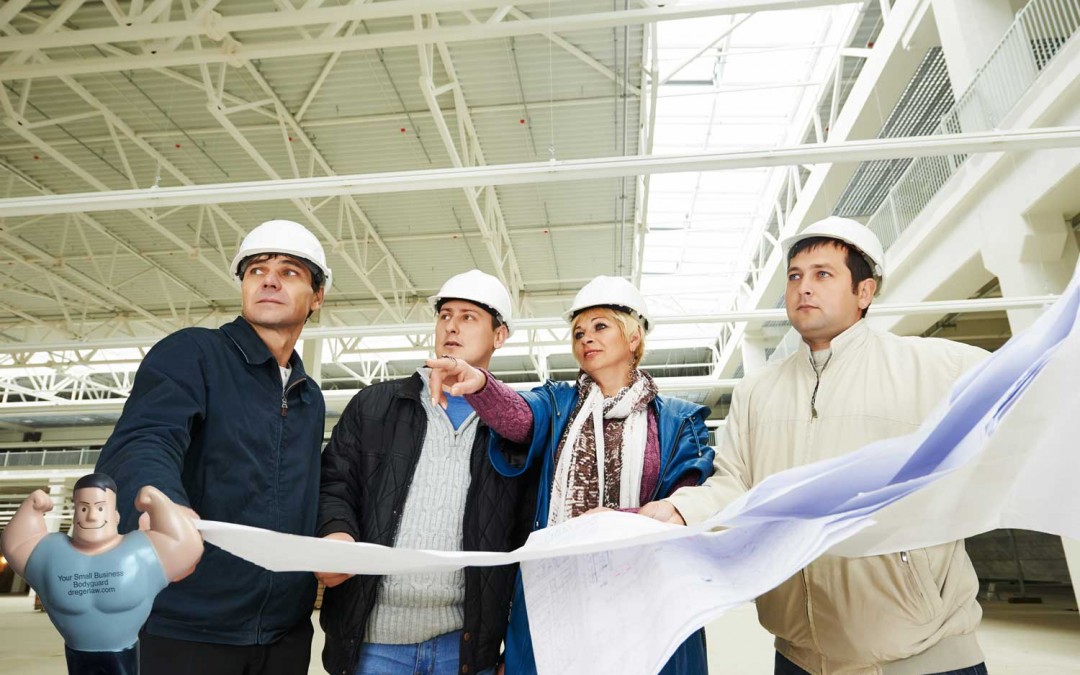For the last few weeks, we have looked extensively at many complex aspects of commercial leases. Now I’d like to discuss the importance of conducting a pre-closing inspection before you sign a lease agreement with a prospective landlord.
Even if you don’t foresee a physical problem with a particular commercial building in the future, it’s still important to inspect the property you plan to lease. If your contract stipulates that you are accountable for the building’s condition or systems, you could be responsible for thousands of dollars in potential repairs.
With all of the other expenses necessary to running your company, there’s a good chance you may not be able to cover unexpected repairs to the building itself. Unfortunately, I’ve known business owners who entered into commercial leases without fully realizing their obligation to pay for ongoing maintenance and repairs. That can easily spell disaster for any kind of business venture. So an intimate knowledge of the property’s health is imperative prior to signing the lease.
Areas of Inspection
Although the commercial building you’ve chosen for your business may seem ideal from the outside, there could be trouble hidden deep below the surface. For this reason, make sure to hire a qualified inspector who can examine every facet of this property, including areas that aren’t in plain view.
By turning to a professional inspector, you’ll receive in-depth analysis of the building’s HVAC systems, electrical systems, structural components, roofing and plumbing, among other important property details. As a result, you will have a comprehensive report that you can then use to negotiate your lease agreement with even greater clarity. Furthermore, this subsequent understanding of the building’s condition is useful in helping you minimize any financial risks at the beginning and end of your lease.
The cost of this inspection can vary, depending on the scope and depth of the inspection. Keep in mind that this investment is worthwhile when you consider the cost of not being prepared for negotiating a lease that’s fair to you. The more you know about the building’s current condition, the better you’ll be at obtaining the most ideal lease agreement. Also, at the outset of your negotiation with the landlord, request that the landlord provide you with any inspection that has been done on the building. Often, you can then contact the inspector and simply request that an update inspection be performed. Scope of the update will be limited to only any changes in the building since the inspection. As such, the inspection cost is often substantially less than a new inspection.
One Final Note
Commercial property leases can be extremely complicated. There are many moving parts that should be examined from a legal perspective. That’s why before you sign any lease agreement, it’s always in your best interest to have an attorney look over the document and advise you on the best route to take.
Coming Soon
Next time, I’ll continue our discussion of commercial leases by providing real world remedies you can use in your contract negotiations.

